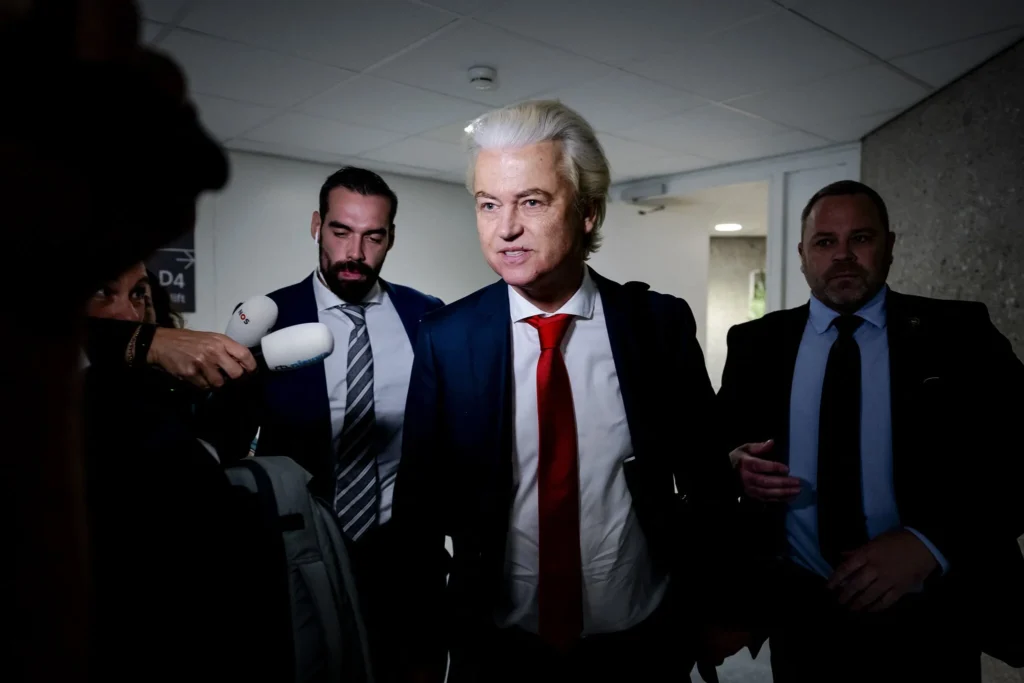The Netherlands has entered a fresh political crisis after far-right leader Geert Wilders abruptly pulled out of coalition negotiations, effectively ending hopes for a new government. The unexpected decision marks a major turning point in Dutch politics, just months after a landmark general election.
The failed talks signal yet another delay in forming a stable Dutch government, with uncertainty now looming over the country’s immediate political future. The Netherlands government formation process, which already faced major ideological challenges, now appears more stalled than ever.
Geert Wilders Ends Coalition Talks: “This Is Not the Cabinet the Netherlands Deserves”
Wilders, leader of the Party for Freedom (PVV) — known for its anti-immigration stance — cited “irreconcilable differences” as his reason for exiting the coalition formation process.
“I cannot, in good conscience, continue down a path that compromises the core values of my party and my voters,” he said via social media.
His decision leaves the Netherlands without a clear path forward, despite the PVV securing the most seats (37) in the Dutch general election 2024. Now, the Netherlands government formation enters a new phase of uncertainty.
Coalition Talks Collapse After Tensions Over Immigration, Islam
The PVV was negotiating with the center-right VVD, the centrist NSC (New Social Contract), and the right-wing BBB (Farmer-Citizen Movement). However, sharp differences — particularly over immigration policy and the role of Islam — reportedly derailed the discussions.
This latest development highlights the growing challenges of forming a government in the Netherlands, where no party ever wins an outright majority under the proportional representation system. The failure underscores the fragile nature of Netherlands government formation in an increasingly divided political landscape.
What Happens Next? Dutch Politics in Limbo Again
With coalition talks in ruins, the Netherlands faces several possibilities:
- A new mediator may be appointed by King Willem-Alexander
- Fresh elections could be called
- Other parties may attempt to form a new coalition — possibly without the PVV
For now, the country continues under a caretaker government led by outgoing Prime Minister Mark Rutte, who has already announced his retirement. All eyes are on what the next step in the Netherlands government formation process will be, as leaders scramble to restore political stability.
EU Watches Closely as Political Instability Rattles Key Member State
European Union leaders are monitoring the situation closely, concerned about instability in one of the bloc’s founding members. The Dutch government collapse 2025 adds to broader worries about rising nationalism and populism across Europe.
Back home, reactions to Wilders’ decision were mixed. Some called him principled, while others accused him of failing the voters.
Dilan Yeşilgöz of the VVD said the Netherlands “needs stability,” while Pieter Omtzigt (NSC) called the collapse “deeply unfortunate.”
Conclusion: Uncertainty Grows as Dutch Government Formation Fails Again
The sudden end to talks is a major blow to those hoping for a swift and functional government. As the Dutch political system once again struggles to build consensus, the future of Netherlands government formation remains uncertain. The key question now is whether any party or leader can bring unity to a deeply fragmented nation.

